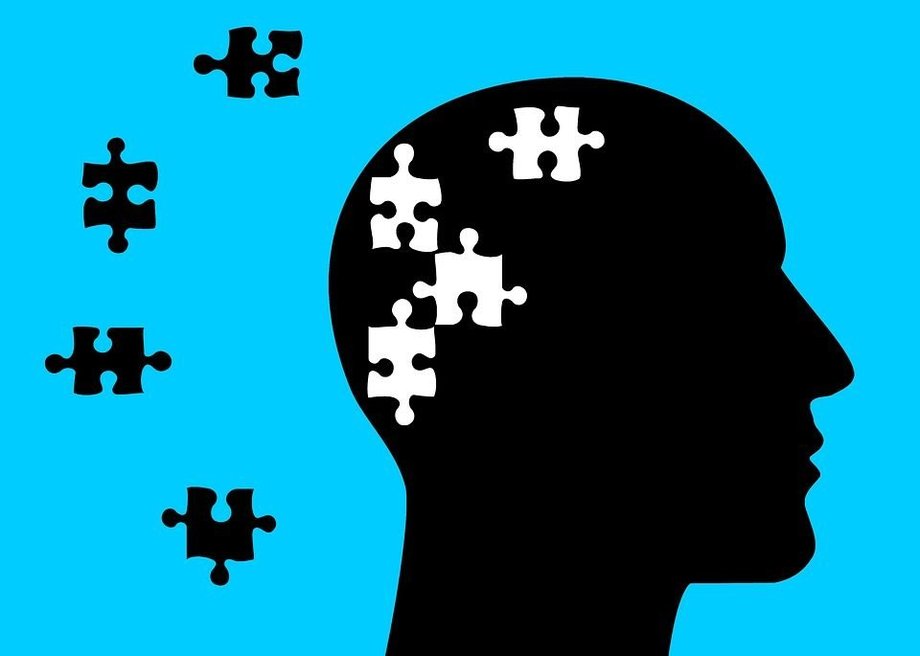InsCer in the media - Fear memory may be extinct, study reveals
Article published in the newspaper Zero Hora on July 25th.
Research has shown that this association does not depend on the hippocampus as previously thought.
Imagine the scene: you often go to the same bank branch. On any given day, you are the victim of an assault. Traumatized, you associate the place with unpleasant experiences. Now, what would it be like if you could extinguish those memories?
According to a study conducted in Biomedical Gerontology at the Pontifical Catholic University of Rio Grande do Sul (PUCRS), the presence of a family member can help in this process.
Published in the journal Proceedings of the National Academy of Sciences of United States of America, the work of a master's degree by Clarissa Penha Farias, graduated in Physical Education, suggests that, with social support, it is possible to create new associations without suffering or fear.
- If you are able to go to the bank again in the course of the days, go on associating that there was a robbery, but that is not scary. But this process is slow. Now, if you go to the bank, you are robbed and the next day you return with someone familiar, all signs of anxiety are alleviated - exemplifies Clarissa.
She explains that, contrary to what one might think, the extinction of a fearful memory does not consist of erasing it, but of associating it with a new memory.
Increasingly, we distance ourselves from people. We are a lot on social networks, but there is no one physically. The work raises the alert for this issue: we need to have more contact with people, not just virtually. It makes a difference.
- Extinction is a new association, a new memory that overlaps the original. That memory of fear is kept somewhere - he says.
In practice, research has shown that a social contribution can be beneficial when used in conjunction with exposure therapy, in which the patient is exposed to what generates fear. In addition to easing the fear memory, this new association depends on a region of the brain called the prefrontal cortex, and not the hippocampus, as was believed.
- I like the work because it is simple, in the sense of the idea, and it is new because it is the first time that we have made a protocol to study social support, the mechanisms of this memory in neurobiological terms - evaluates the supervisor, Jociane de Carvalho Myskiw, professor at the School of Medicine at PUCRS and researcher at the Brain Institute.
- More and more, we distance ourselves from people. We are a lot on social networks, but there is no one physically. The work raises the alert for this issue: we need to have more contact with people, not just virtually. That makes a difference - evaluates the teacher.
How the research was done
Made with rats, the research was divided into three moments: in the first, the animals were exposed to a context in which they received electrical stimuli. Then, divided into two groups, the animals were placed in the same environment. One group had social support from rats that live in the same box and others did not. Finally, the researchers used drugs to highlight the regions of the brain that were triggered.
- We saw that animals that made extinction with support did not evoke the memory of fear - concludes the researcher.


